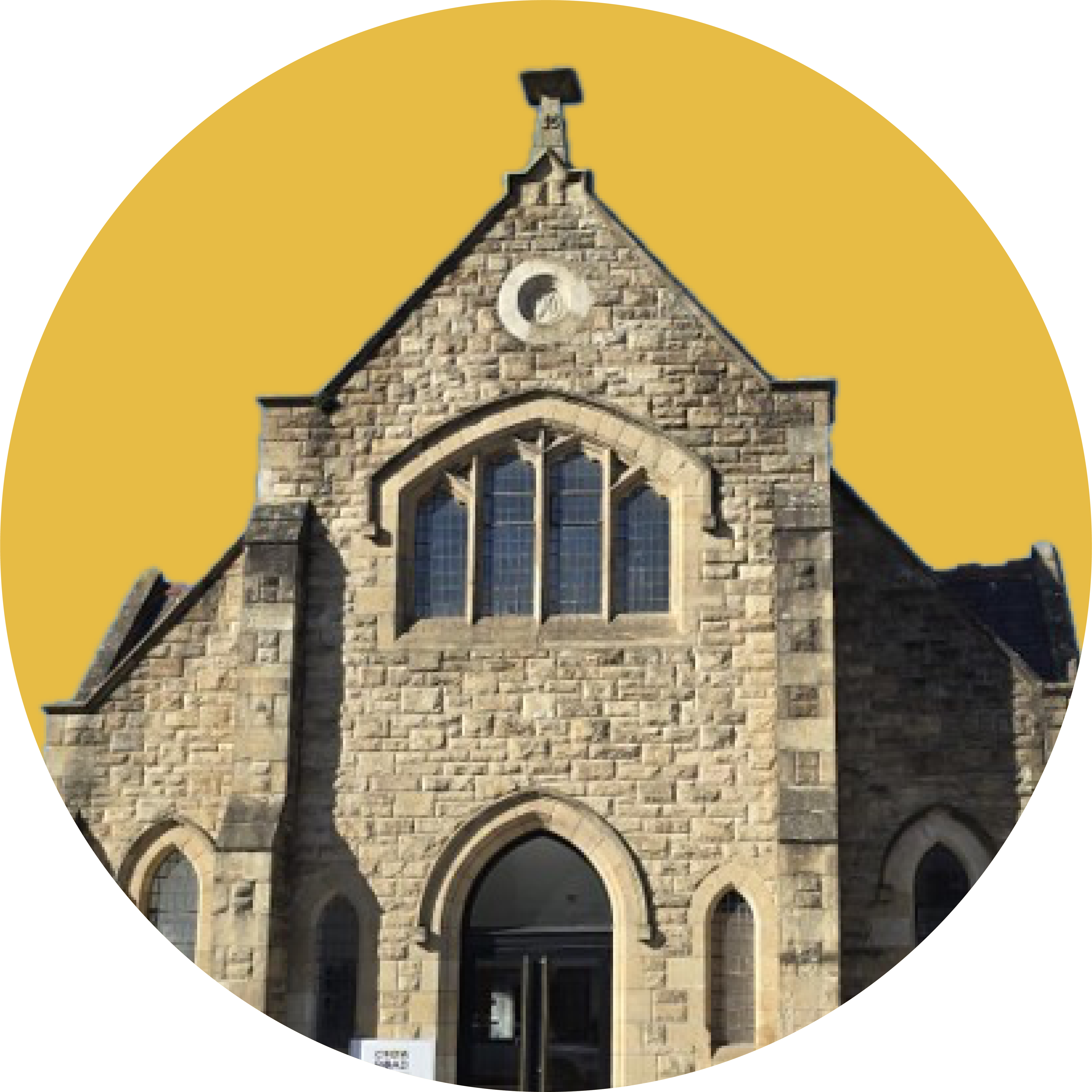Glasgow City Free Church
The Milton congregation was officially sanctioned as a quoad sacra charge in 1836, its first minister from then until 1840 being the Rev. Dr John “Rabbi” Duncan. Its first building, situated in Milton Street, Cowcaddens, remained the property of the Church of Scotland following the Disruption, but the congregation joined the Free Church and a new building was erected on the corner of Rose Street and West Graham Street in 1850. The congregation joined with St Vincent Street Free Church in 1994, when the united congregation became known as St Vincent Street-Milton Free Church of Scotland. The Milton building, being unsafe and beyond reasonable repair, was demolished in the same year. In 2009, it was decided to change the name of the congregation to Glasgow City Free Church to reflect more accurately its vision and mission in the 21st century.







